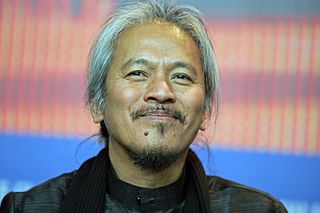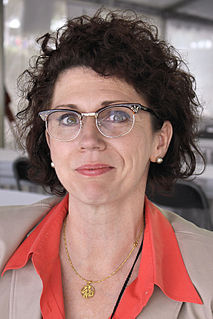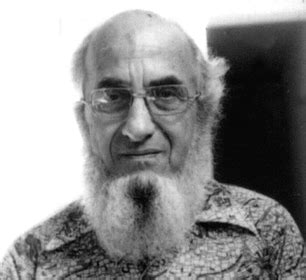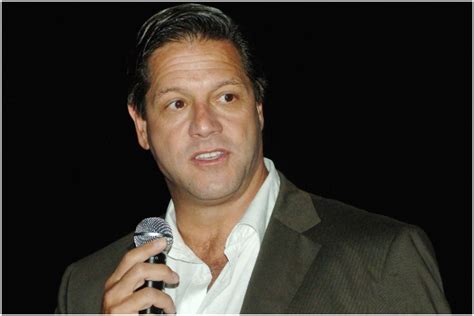Top 22 Praxis Quotes & Sayings
Explore popular Praxis quotes.
Last updated on April 14, 2025.
"Filipino" is the Spanish side of our history. The islands were named after King Felipe, so we became known as Filipinos. It's a brand, it's a name. But we're Malays. Before colonizers came to our shores, we were Malays. My praxis is about being Malay - the struggle of the Malays before we became Filipinos.
The Auschwitz praxis was based on a new principle: for one portion of mankind, existence itself is a crime, punishable by humiliation, torture, and death. And the new world produced by this praxis included two kinds of inhabitants, those who were given the "punishment" and those who administered it.
How do we define, how do we describe, how do we explain and/or understand ourselves? What sort of creatures do we take ourselves to be? What are we? Who are we? Why are we? How do we come to be what or who we are or take ourselves to be? How do we give an account of ourselves? How do we account for ourselves, our actions, interactions, transactions (praxis), our biologic processes? Our specific human existence?
Stirner's political praxis is quixotic. It accepts the established hierarchies of constraint as given. ... Not liable to any radical change, they constitute part of the theatre housing the individual's action. ... The egoist uses the elements of the social structure as props in his self-expressive act.
The body is an object in which we are all privileged, or doomed, to dwell, the source of feelings of well-being and pleasure, but also the site of illnesses and strains. (...) [I]t is an action-system, a mode of praxis, and its practical immersion in the interactions of day-to-day life is an essential part of the sustaining of a coherent sense of self-identity.
To mystify, in the active sense, is to befuddle, cloud, obscure, mask whatever is going on, whether this be experience, action, or process, or whatever is "the issue." It induces confusion in the sense that there is failure to see what is "really" being experienced, or being done, or going on, and failure to distinguish or discriminate the actual issues. This entails the substitution of false for true constructions of what is being experienced, being done (praxis), or going on (process), and the substitution of false issues for the actual issues.
The error in positivism is that it takes as its standard of truth the contingently given division of labor, that between the science and social praxis as well as that within science itself, and allows no theory that could reveal the division of labor to be itself derivative and mediated and thus strip it of its false authority.
The philosophy of praxis does not aim at the peaceful resolution of existing contradictions in history and society, but is the very theory of these contradictions. It is not the instrument of government of the dominant groups in order to gain the consent and exercise hegemony over the subaltern classes. It is the expression of subaltern classes who want to educate themselves in the art of government and who have an interest in knowing all truths, even the unpleasant ones, and in avoiding the impossible deceptions of the upper class, and even more their own.


















